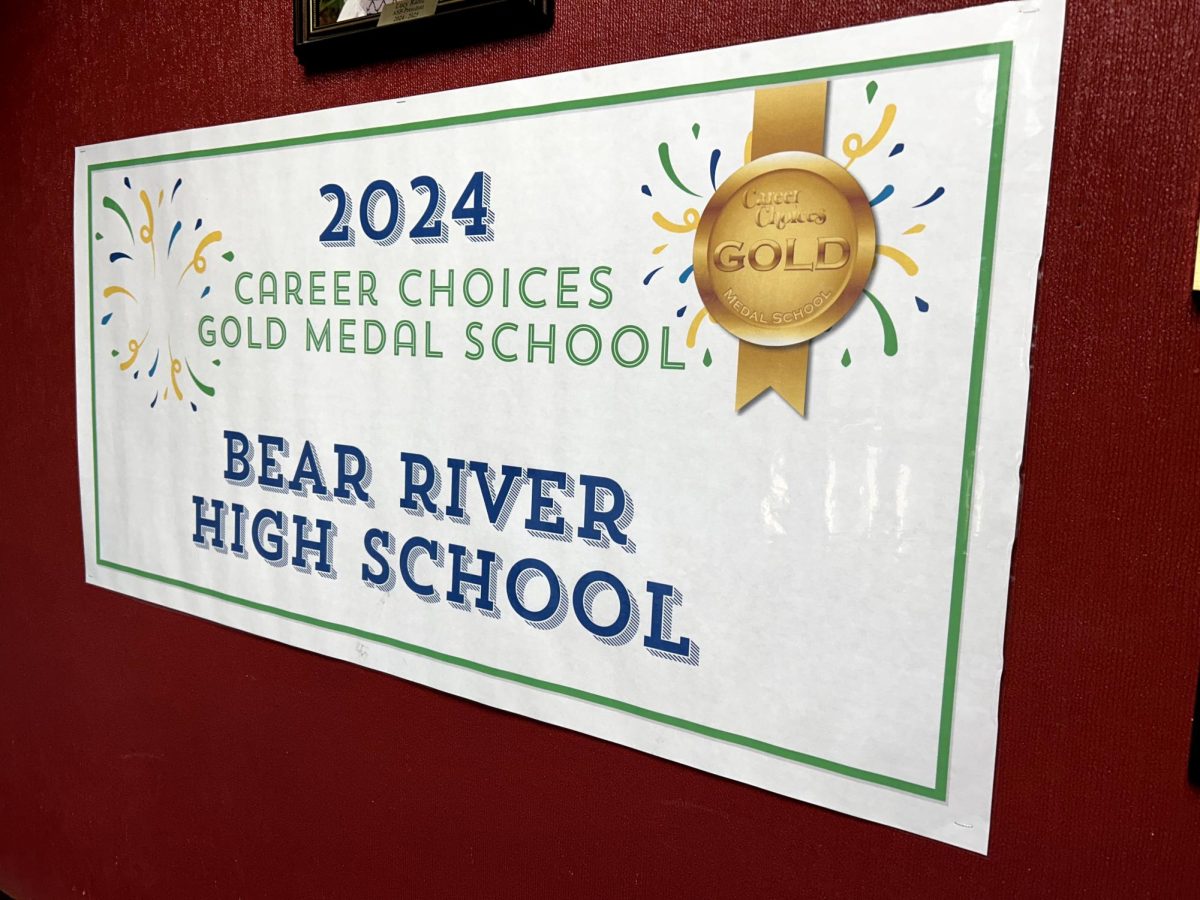Many high school students write off military service due to not wanting to see combat, the commitment, and wanting to join a certain career field despite many benefits and opportunities. Instead of glancing past this option, students should consider all of their choices, taking into consideration the advantages and disadvantages of different paths after high school, including the military.
A common reason why students choose to not join the military is that they can not control where they are deployed, which poses problems for their family along with themselves. Once one commits to the military, they can’t quit to go see their family or for any other reason. If one deserts the military, they are subject to three years of confinement – and if deployed during war, they are subject to the death penalty and life in prison.
Despite this disadvantage of joining the Army among others, a positive aspect of the military is that it gives you a set path after high school. Senior Zachary Fink explained that he hopes the military will steer him in the right direction.
“There are a lot of things you can do after high school, and I would like a set path,” Fink said. ¨It is free, so there is not any financial downside to giving it a try.”
The military also will pay for your health and dental insurance, with some benefits lasting until after you retire. Sergeant Jordan Stamper explained some of these advantages.
“There are the obvious ones like free health and dental, but some of the lesser known benefits are technical skills,” Sgt. Stamper said. “People want to get a job, but have no experience and that’s what we provide.”
The military has plenty of different jobs to choose from in various different fields — from engineering to medical work, this path most likely offers a job that you are interested in.
Several students illustrated their hope to pave the path to their future career by joining the Army.
“I hope to be learning about how to become an electrician and or a helicopter mechanic,” said Senior Caden Corkery. “ … If you join the military, they can teach you everything you need to know … You do have to go to college to get a degree, but I would have a good knowledge and it would make it easier.”
“I need a way into the medical field without paying a lot for college, so this is going to be putting me into my medical career, paying the college for it, and getting my EMT certification,” said Fink. “ … They are the only ones who have an EMT certification that comes with the job guaranteed.”
Fellow Senior Tyler Swiderski described why he joined as well.
“There is a much larger selection of jobs,” said Swiderski. “[I would want to] either [work with] track vehicle repair or tank commander.”
With the Post 9/11 GI Bill, the military offers to pay for a military member’s education. This option is available to anyone who has served 90 continuous days. The longer you serve, the higher percent of the GI Bill you get access to. For example, if you serve for 90 days, you get 40 percent of the bill. With 36 months of service, you will have access to 100 percent of the bill. It can pay for 36 months of tuition, housing, books and supplies, and money to help you move.
Swiderski intended to use this bill to help pay for his education.
“I’m considering joining the military, because I want to help serve my country,” Swiderski replied. “Also, it does pay for college and I am looking at a more expensive [choice].”
Being able to travel the world is another benefit of joining the military. Although many do not get a lot of say in where they go, they can still request to be deployed to a specific place. Corkery agreed that this is a benefit he is looking forward to.
“I can go see different countries and the military will pay for it,” he said. “I’m really excited about this aspect, because I am tired of living here.”
All students face the daunting decision of what they are going to do with their life, and it would be incredibly short-sighted to not give the military a chance with all the benefits and opportunities it can offer. Students should consider both the positives and negatives. Having a set path with financial aid and the ability to travel can be incredibly appealing to those looking to gain a sense of stability and further education. Negatives, however, include bootcamp, being homesick, and not being able to quit or leave. If any of these benefits sound appealing to you, consider joining the military. Ultimately, the decision is yours to make. If you would like to learn more about the military, contact a recruiter at derek.s.miller.mil.



































